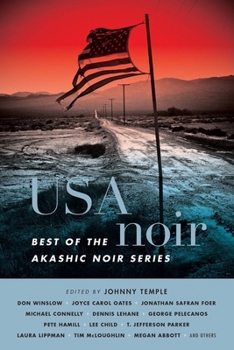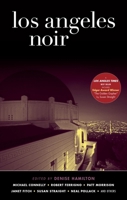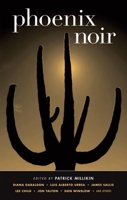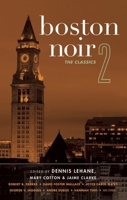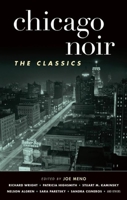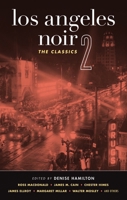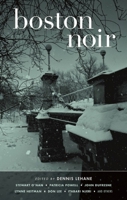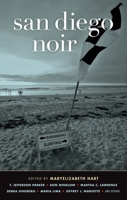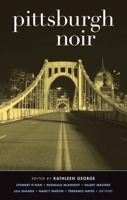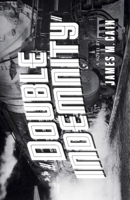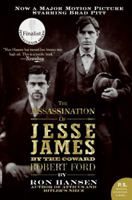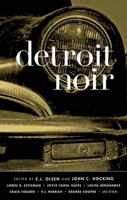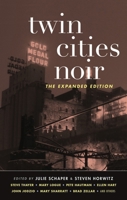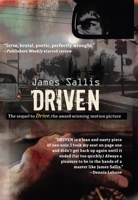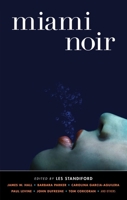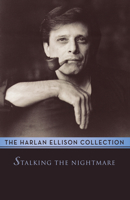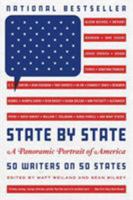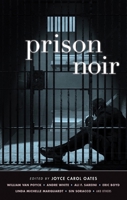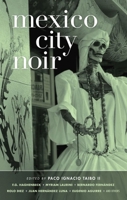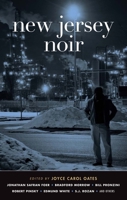USA Noir: Best of the Akashic Noir Series
(Part of the Akashic noir Series)
Select Format
Select Condition 
You Might Also Enjoy
Book Overview
"All the heavy hitters . . . came out for USA Noir . . . an important anthology of stories shrewdly culled by Johnny Temple." --New York Times Book Review, Editors' Choice
"Readers will be hard put to find a better collection of short stories in any genre." --Publishers Weekly, Starred Review
Akashic Books continues its groundbreaking series of original noir anthologies, launched in 2004 with Brooklyn Noir. Each story is set in a distinct neighborhood or location within the city of the book.
Featuring stories by: Dennis Lehane, Don Winslow, Michael Connelly, George Pelecanos, Susan Straight, Jonathan Safran Foer, Laura Lippman, Pete Hamill, Joyce Carol Oates, Lee Child, T. Jefferson Parker, Lawrence Block, Terrance Hayes, Jerome Charyn, Jeffery Deaver, Maggie Estep, Bayo Ojikutu, Tim McLoughlin, Barbara DeMarco-Barrett, Reed Farrel Coleman, Megan Abbott, Elyssa East, James W. Hall, J. Malcolm Garcia, Julie Smith, Joseph Bruchac, Pir Rothenberg, Luis Alberto Urrea, Domenic Stansberry, John O'Brien, S.J. Rozan, Asali Solomon, William Kent Krueger, Tim Broderick, Bharti Kirchner, Karen Karbo, and Lisa Sandlin.
From the introduction by Johnny Temple:
"From the start, the heart and soul of Akashic Books has been dark, provocative, well-crafted tales from the disenfranchised. I learned early on that writings from outside the mainstream almost necessarily coincide with a mood and spirit of noir, and are composed by authors whose life circumstances often place them in environs exposed to crime . . . This volume serves up a top-shelf selection of stories from the series set in the United States. USA Noir only scratches the surface, however, and every single volume has gems on offer."











